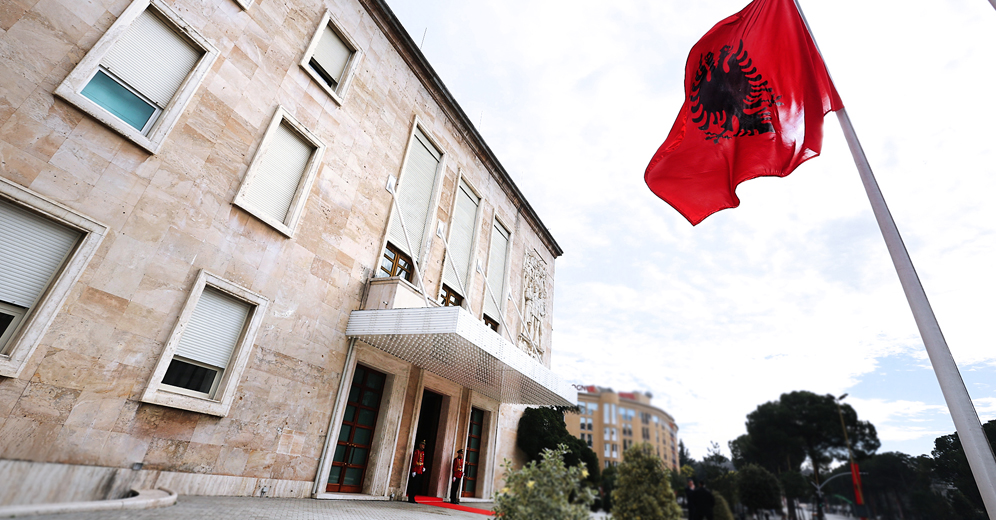Government opens public consultation on “Lobbying Law”

The Albanian government has launched a public consultation on a draft law regulating lobbying activities — a legislative obligation stemming from the country’s EU accession negotiations, specifically within the “Fundamentals” cluster.
Why is this important: The draft law aims to ensure transparency and traceability in policymaking by legally regulating lobbying, a practice that has long existed in Albania but without oversight. It is designed to align the country with European standards and to combat corruption by requiring full disclosure of lobbying activities and interests.
Context: According to the draft, lobbying activities may be conducted by natural or legal persons, domestic or foreign, provided they are registered in the official Lobbying Register. Oversight responsibilities fall under the Commissioner for the Right to Information and Data Protection (KDIMDP), which will manage registration, supervision, and compliance.
Lobbying is defined as any activity aimed at influencing public, legislative, or policy decisions through communication or meetings—formal or informal—with public officials by individuals or organizations representing specific interests.
The law obliges lobbyists to submit accurate and periodic reports on their activities, adhere to a Code of Conduct and ethical principles, and declare conflicts of interest, thereby turning lobbying into a transparent and legitimate process serving the public interest.
What else: Albania ranks among countries with a high perception of corruption. The government argues that regulating lobbying will act as a legal instrument against hidden influence and opaque funding. The public lobbying register will require the disclosure of all contacts, contracts, and expenditures related to lobbying, making it possible to trace sources of influence.
While lobbying legislation is well established in the United States, where it serves as a cornerstone of transparency, only eight EU member states — including France and Germany — have similar laws in force. Albania’s draft was prepared with the assistance of experts from the Council of Europe, and similar legislative efforts are currently underway in North Macedonia and Montenegro.


